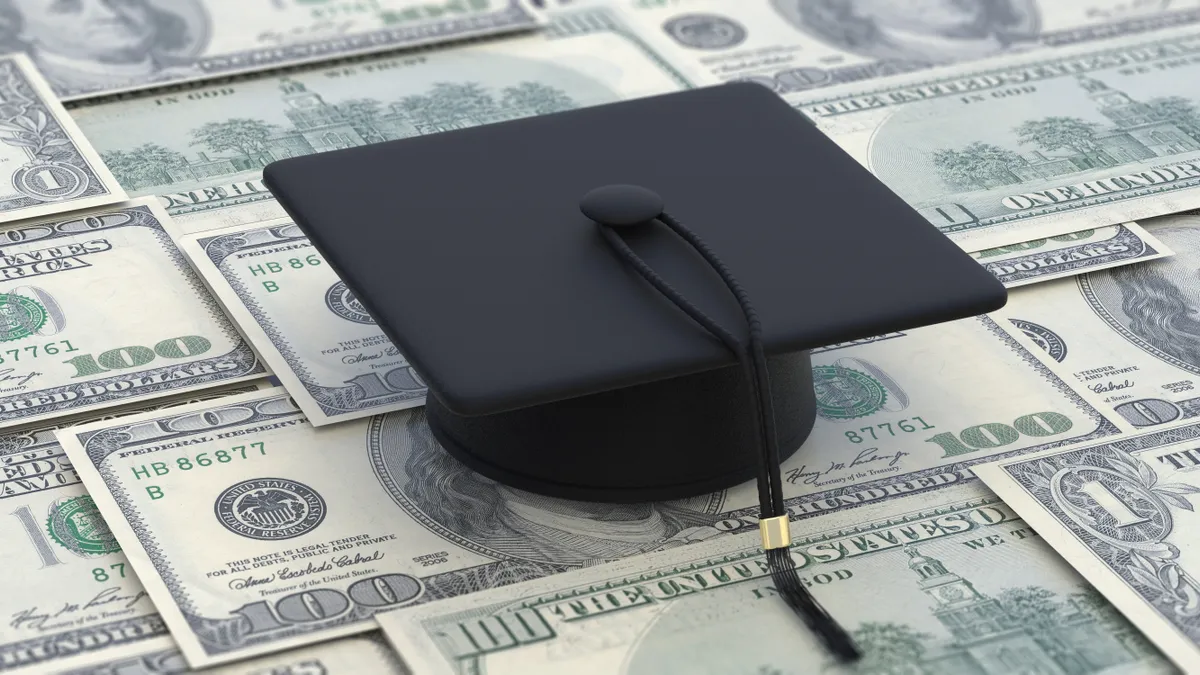An already wobbly consumer situation is about to get worse, thanks to recent — and possibly pending — changes to U.S. student debt policy.
Federal student loan payments must resume no later than the end of August, thanks to a compromise struck in order to get Congress to approve the debt ceiling. Plus, the Supreme Court will also soon rule on the Biden Administration’s debt relief plan, a decision that is expected this week.
If the court leaves Biden’s program intact, as much as $20,000 in educational loans for lower-income graduates would be forgiven. Otherwise, cracking down on student loans would drain hundreds of thousands of dollars from many consumers’ budgets, just as the holidays start to loom.
“We already see shoppers pulling back on shopping and spending due to inflation, reduction of SNAP benefits, and a host of other issues,” Julie Craig, Kantar vice president of shopper insights, said by email. “And for younger shoppers and families with children, having payments resume just as the holiday shopping season kicks off could create real challenges for retail.”
‘A big problem’
The resumption of loan payments will squeeze many consumers’ finances and is likely to increase delinquencies, according to a report Friday from Bank of America economists. “Seriously delinquent” student loan balances didn’t change much between 2012 and 2019, so they “would return to at least pre-Covid levels” if payments are required to resume in full, they said.
“This would be a sizeable shock, and it would probably have knock-on effects to other categories of debt as well,” they also said.
U.S. consumers with student loans are most likely to rein in their spending on softgoods like apparel, according to new research from UBS analysts led by Jay Sole, who called the situation “a big problem.” These shoppers tend to favor brands over private label and specialty retailers over discounters, per that report. That means brands like American Eagle, Crocs, Foot Locker, Canada Goose, Gap Inc., Nordstrom, Nike, Under Armour and Victoria’s Secret are especially at risk, according to Sole.
Consumers with federal student loans are also more likely to opt for lowest- price items, stick closely to a budget and use apps to seek deals, according to a recent report from Kantar’s Craig.
Retail sales growth could take a full percentage point hit if the pandemic-era student loan pause fully ends, with the biggest hit to more discretionary categories, according to Roth MKM Executive Director David Bellinger. Forgiveness programs like the one before the Supreme Court could cushion the blow, he also said.
Overall, the end to the “student loan payment moratorium will cause a bigger consumer spending slowdown than the market expects,” UBS analysts said.















